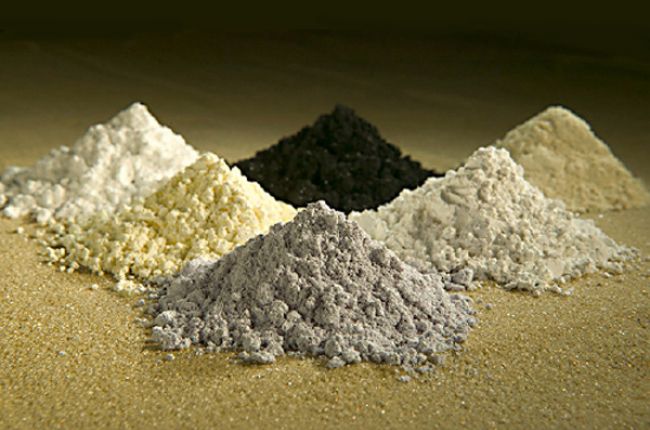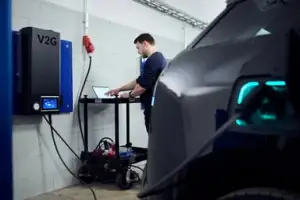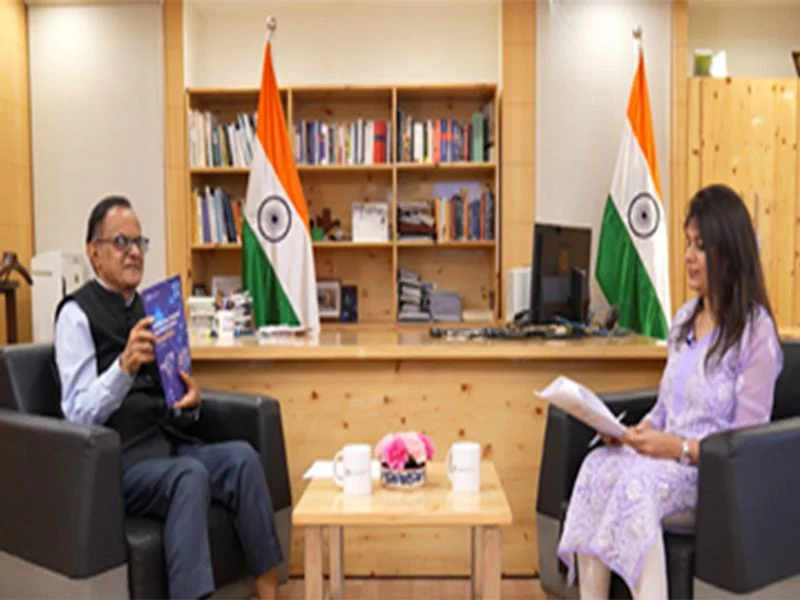Blog Credit: Trupti Thakur
Image Courtesy: Google
E-Auction of 20 Critical And Strategic Minerals
India launched the first tranche of auctions for critical and strategic minerals worth around ₹45,000 crore. Some 20 mineral blocks covering lithium and REE (rare earth elements), nickel, copper, chromium, phosphorite, potash, glauconite, graphite, manganese, and molybdenum were put under the hammer.
Of the 20 blocks, 16 are composite licences (exploration, discovery, and up-to-processing) blocks, while four are mining leases.
The blocks are located across 8 States, namely Odisha, Jharkhand, Uttar Pradesh, Bihar, Chhattisgarh, Tamil Nadu, Gujarat, and Jammu & Kashmir.
Auctions that began on Wednesday will continue until February next year.
The auction shall be held online and through a two-stage ascending-forward process. The eligible bidder shall be selected based on the highest percentage of the value of the mineral dispatched quoted by them.
India had earlier this year identified 24 critical and strategically important minerals, while several changes were made to the MMDR Act.
Lithium Blocks
Two blocks of lithium are under auction. India’s first official lithium find was in the Reasi district of Jammu and Kashmir, and the Salal Haimna block, which had an expected reserve of 5.9 million tonnes has been put up for auction.
Also on auction is the Katghora block in Chhattisgarh, consisting of lithium and rare earth elements (REE). The block is currently in the G4 stage, or reconnaissance study.
“Lithium is a strategic requirement for India’s switch to green energy. And we have been importing the mineral in large quantities. So this is the first time we are trying to auction critical and strategic minerals and reduce imports,” Pralhad Joshi, Union Minister of Mines, said post-launch of the auctions.
The import bill on lithium is to the tune of ₹24,000 crore.
Global majors have also been invited to participate in the auctions. So far, Korean and Japanese mining companies have expressed interest in bidding for India’s lithium reserves, officials told Businessline.
To operate a mine, 23 clearances are required, which include environmental clearances apart from State-level clearances.
Across 24 critical minerals, India’s mines ministry has identified 100-odd blocks. “Second tranche discussions will take place post-February,” Joshi said.
The auction shall be held online and through a two-stage ascending-forward process. The eligible bidder shall be selected based on the highest percentage of the value of the mineral dispatched quoted by them.
India had earlier this year identified 24 critical and strategically important minerals, while several changes were made to the MMDR Act.
Lithium Blocks
Two blocks of lithium are under auction. India’s first official lithium find was in the Reasi district of Jammu and Kashmir, and the Salal Haimna block, which had an expected reserve of 5.9 million tonnes has been put up for auction.
Also on auction is the Katghora block in Chhattisgarh, consisting of lithium and rare earth elements (REE). The block is currently in the G4 stage, or reconnaissance study.
“Lithium is a strategic requirement for India’s switch to green energy. And we have been importing the mineral in large quantities. So this is the first time we are trying to auction critical and strategic minerals and reduce imports,” Prahlad Joshi, Union Minister of Mines, said post-launch of the auctions.
The import bill on lithium is to the tune of ₹24,000 crore.
Global majors have also been invited to participate in the auctions. So far, Korean and Japanese mining companies have expressed interest in bidding for India’s lithium reserves, officials told Businessline.
To operate a mine, 23 clearances are required, which include environmental clearances apart from State-level clearances.
Across 24 critical minerals, India’s mines ministry has identified 100-odd blocks. “Second tranche discussions will take place post-February,” Joshi said.
More:
Union mining minister Pralhad Joshi Wednesday 6-December 2023 launched India’s first-ever auction of 20 blocks of critical minerals, including lithium, molybdenum, and rare earth elements.
The total worth of the minerals in the 20 blocks is estimated to be Rs 45,000 crore, Joshi said at the launch event in Delhi.
The blocks up for auction — which will be conducted online — contain critical minerals such as lithium, rare earth elements, molybdenum, glauconite, chromium, lithium, nickel, potash, and phosphorite, among others.
They are located across Bihar, Chhattisgarh, Gujarat, Jharkhand, Odisha, Tamil Nadu, Uttar Pradesh and Jammu & Kashmir.
“The notice for inviting bids has been launched today. The bids will be closed on 20 February,” a senior official of the mining ministry said.
Of the blocks that have been put up for auction, there are two lithium blocks — one in Jammu & Kashmir and the other in Chhattisgarh.
With the launch of the auction, the official added, the ministry of mines will now start applying for clearances — some 23 clearances are required from the central ministries and state governments — before successful bidders can start mining.
Of the 20 blocks, 16 are up for a composite licence — for undertaking prospecting operations followed by mining — and four for a mining lease alone.
Speaking at a press conference following the launch, Joshi said, “We have always focussed on major minerals and surficial minerals. For the first time, we identified critical and deep-seated minerals, and exploration is being done at various levels. So far, we have identified 100 blocks, out of which we have put 20 blocks for auction.”
Joshi said that the process is on to auction the remaining blocks.
Referring to critical minerals like lithium and cobalt, the minister said they have become very important for India’s energy security. “As on date, our import bill of lithium is Rs 24,000 crore,” he said.
Since 2014, when the Narendra Modi-led NDA government came to power, several policy initiatives have been taken in this sector, he added, citing the amendment to the Mines and Minerals (Development and Regulation) Act, 1957, this year.
A mines ministry official said bidding is likely to be carried out in a two-stage process and completed within a month.
Blog By: Trupti Thakur

08
DecE- Auction : 20 Critical Minerals
Dec 08, 2023Recent Blog
The V2G TechnologyApr 21, 2025
Country’s Specific Domain By GoogleApr 19, 2025
The ITES-QApr 17, 2025
The UPI Circle Of PhonePeApr 16, 2025
Dangerous AI In HealthcareApr 15, 2025




